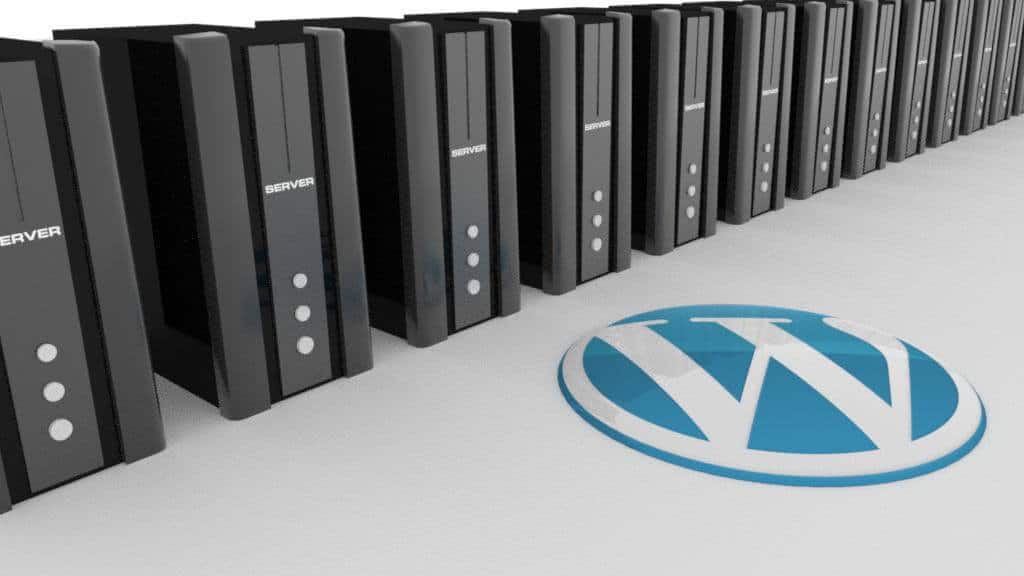
02 Jul Free Vs Self-Hosted: Which One Is Right For Me?
Are you in the process of setting up your first blog? No matter whether it is a business blog or a personal one, there will be a number of different things you need to consider.
Where you are going to host your blog is one of the most important considerations. In general, you can choose between a free hosting blog and a self-hosting blog. So, what’s the best option? We are going to take a look at the pros and cons of both hosting solutions to help you make up your mind.
Table of Contents
Free website hosting via the likes of Tumblr, Weebly, Blogger, and WordPress
Let’s begin by taking a look at free website hosting. This is what most bloggers opt for when they are just starting out. They are beneficial because they can be set up within a matter of minutes. They are also suitable for those with no technological background and they provide ease of use. While there are lots of different host-free websites to opt for, Tumbler, WordPress, and Blogger do tend to be the most popular, especially for personal bloggers. While this all sounds tempting, there are some drawbacks, with a lack of control being the most concerning. You don’t own your hosted blog and, therefore, you essentially have no control over what happens to it. Is this something you should be worried about? Well, yes, it is. A while ago, Google announced it was going to delete any Blogger blog that featured adult content. The search engine giant never went through with it in the end. However, it really does go to show how you are not in control of your own destiny with these free solutions.
The benefits of choosing a free, hosted blog:
- There is less responsibility and effort required. You do not need to worry about installing the latest versions of any software updates, as all of this is done for you.
- There are customisation options available to you, although this does depend on the service you choose.
- You don’t need to worry about whether or not your hosting will hold up if you suddenly have an unexpected influx of visitors.
- It won’t cost you anything – the main benefit! Most of these blogs are easy to set up too, typically boasting intuitive interfaces and guided tours.
The cons of choosing a free, hosted blog:
- Your web address and email address won’t match, which can hurt your brand image.
- Although marketed as ‘free’ you may actually need to pay for certain services, for example, removing ads on WordPress.
- Customisation options are available, but they are limited.
- You are not allowed to monetise your blog through advert placement on certain websites.
- Your website address does not look professional, which can be a big drawback for business blogs.
- You have no control over whether ads are placed on your blog.
- Overall, you have no control whatsoever over the future of your blog. What if the blog host was to disappear entirely? It may sound unlikely, but it has happened before!
Self-hosted blogging
Now that you know about the pros and cons associated with free website hosts, let’s take a look at self-hosted blogging. There are a number of options available to you, including the likes of Joomla and Movable Type. However, most people prefer to use WordPress because of the functionality and features it has to offer. It is accurate that self-hosting can be a bit more complicated. Nevertheless, you will have much more control over the appearance and content of your website, enabling you to create a much better website for your customers, enhancing your brand and user experience in the process.
The benefits of choosing a self-hosted blog:
- Nobody else is going to be able to profit from your content.
- You can use affiliate links and adverts to monetise your blog without needing to worry whether you are potentially breaking any rules.
- Your blog will look professional and provide an exceptional user experience. You do not need to worry about any adverts getting in the way of your site.
- You have complete and utter control over your website. You can use your website in any manner you wish and no one else owns your content. You don’t have to worry about anything disappearing either. Hosts like GoDaddy and SiteGround perform automatic daily back-ups.
- You will have your own domain name when launching your blog, which is much more professional.
- A lot of web hosting companies will provide WordPress installation so that the process is actually really easy.
The cons of choosing a self-hosted blog:
- You do need to be more organised in terms of looking after your website, for example, you will often need to ensure the latest version of WordPress is installed. If you don’t, this could lead to security vulnerabilities.
- There is more initial work involved with a self-hosted blog when compared with a free, hosted solution.
- You will need to pay for web hosting on an on-going basis and you will have to select a domain name to register. However, this sort of service is not expensive, with most web hosting providers charging around the £3-mark.
Hopefully, you now have a better understanding regarding the key differences between free and self-hosted blogs. As you can see, there are pros and cons associated with both options. Nevertheless, in terms of control and ensuring that the future of your website is secure, a self-hosted platform is the best route to go down. If this control and level of customisation is something you are happy to relinquish, then you may be happy to stick with a free hosted blog instead.



No Comments